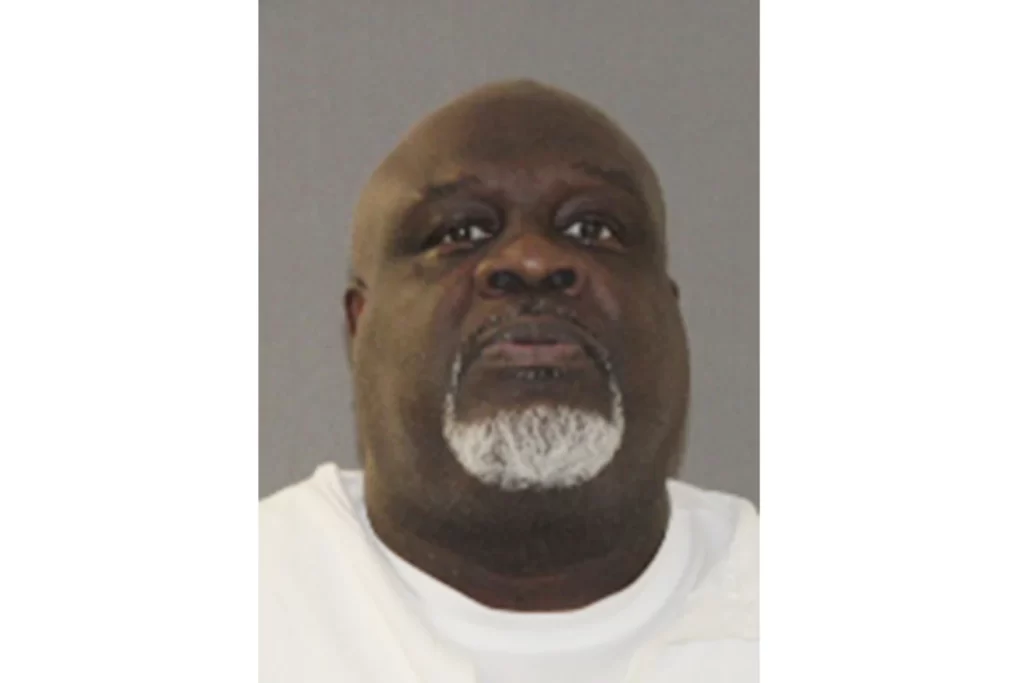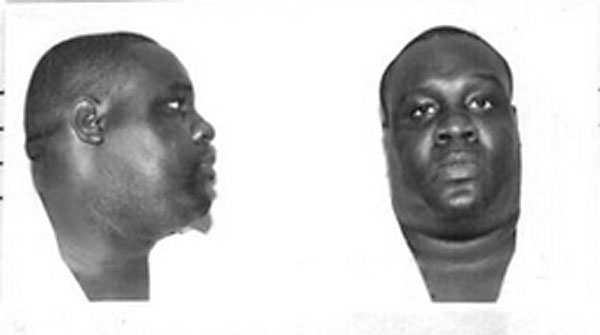Garcia White, a 61-year-old former college football player and fry cook, is scheduled to be executed Tuesday evening for the 1989 murders of twin 16-year-old girls in Houston, marking the sixth execution in the United States in the last 11 days.
White was convicted of fatally stabbing Annette and Bernette Edwards in their Houston apartment. The bodies of the twins and their mother, Bonita Edwards, were discovered together. White has been linked to five killings in total.

Josh Reiss, chief of the Post-Conviction Writs Division with the Harris County District Attorney’s Office in Houston, stated, “Garcia White committed five murders in three different transactions and two of his victims were teenage girls. This is the type of case that the death penalty was intended for.”
According to court testimony, White went to the Edwards’ home to smoke crack with Bonita. After killing her, he attacked the girls when they emerged from their room. Evidence showed White broke down the locked door of the girls’ bedroom.
The murders remained unsolved for about six years until White confessed after being arrested for the 1995 killing of grocery store owner Hai Van Pham. He also confessed to the 1989 murder of Greta Williams.

White’s attorneys have petitioned the U.S. Supreme Court to halt the execution, arguing that lower courts have rejected evidence of his intellectual disability. The Supreme Court barred the execution of intellectually disabled people in 2002 but has allowed states some discretion in determining such disabilities.
“Mr. White’s case illustrates everything wrong with the current death penalty in Texas,” his lawyers stated in their petition, citing refusal to consider evidence of intellectual disability and other mitigating factors.
The Texas Board of Pardons and Paroles denied White’s request for clemency or a 30-day reprieve on Friday. The Texas Attorney General’s Office, in a filing to the Supreme Court, argued that White has not presented sufficient evidence to support his intellectual disability claim and that his other arguments have been previously rejected by courts.

“White presents no reason to delay his execution date any longer. The Edwards family — and the victims of White’s other murders … deserve justice for his decades-old crimes,” the attorney general’s office said.
If carried out, White would be the fifth inmate executed in Texas this year and the 19th in the United States. The case continues to raise questions about the application of the death penalty in cases involving potential intellectual disabilities and the impact of long-delayed executions on victims’ families and the justice system.



